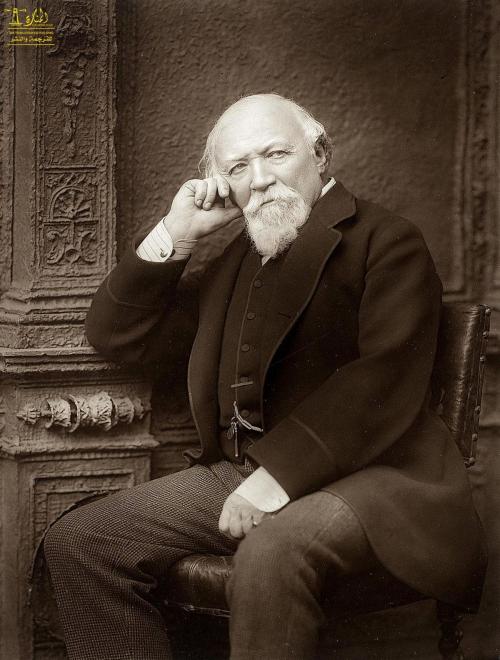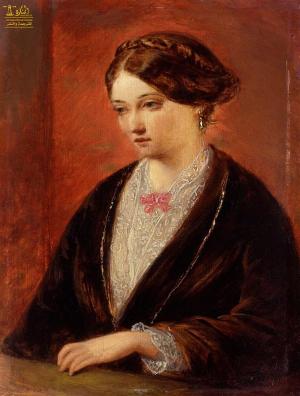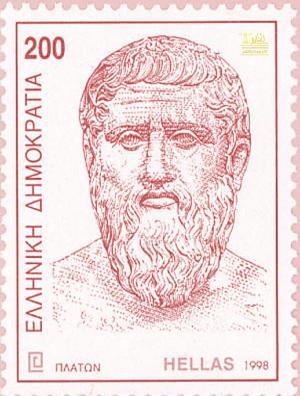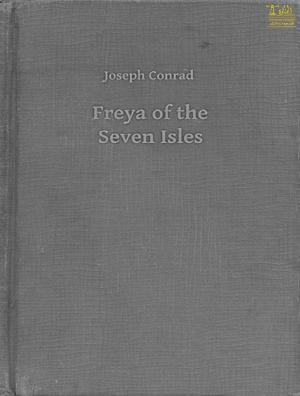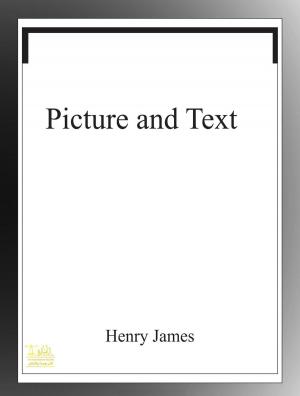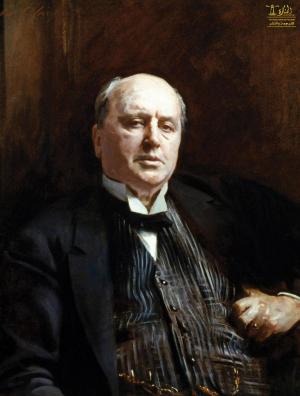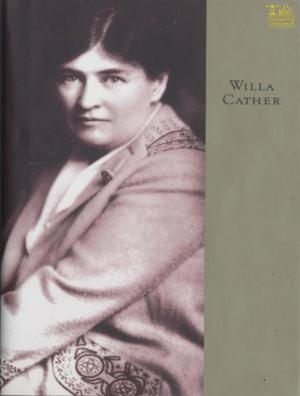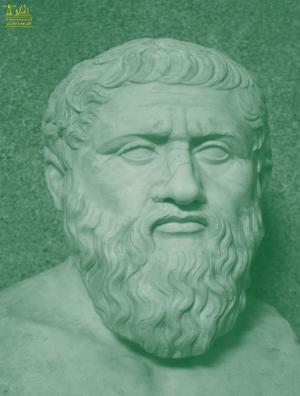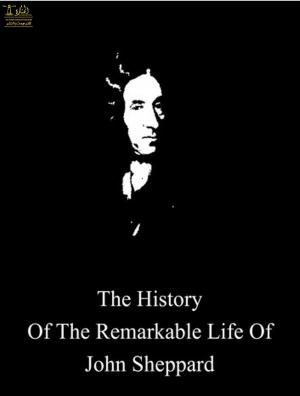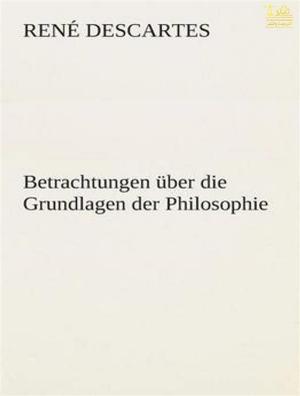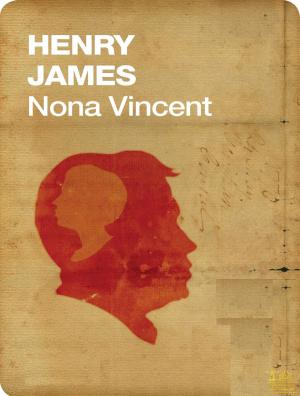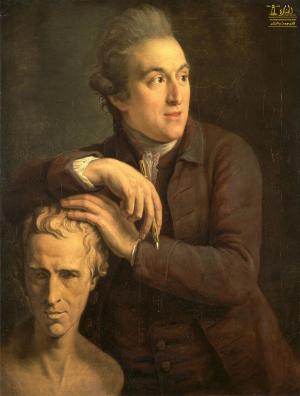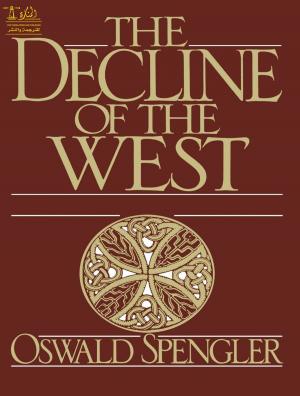| Author: | Luka Reid, Robert Browning | ISBN: | 9783593302133 |
| Publisher: | Lighthouse Books for Translation Publishing | Publication: | March 13, 2019 |
| Imprint: | Lighthouse Books for Translation and Publishing | Language: | English |
| Author: | Luka Reid, Robert Browning |
| ISBN: | 9783593302133 |
| Publisher: | Lighthouse Books for Translation Publishing |
| Publication: | March 13, 2019 |
| Imprint: | Lighthouse Books for Translation and Publishing |
| Language: | English |
Although the early part of Robert Browning’s creative life was spent in comparative obscurity, he has come to be regarded as one of the most important poets of the Victorian period. His dramatic monologues and the psycho-historical epic The Ring and the Book (1868-1869), a novel in verse, have established him as a major figure in the history of English poetry. His claim to attention as a children’s writer is more modest, resting as it does almost entirely on one poem, “The Pied Piper of Hamelin,” included almost as an afterthought in Bells and Pomegranites. No. III.—Dramatic Lyrics (1842) and evidently never highly regarded by its creator. Nevertheless, “The Pied Piper” moved quickly into the canon of children’s literature, where it has remained ever since, receiving the dubious honor (shared by the fairy tales of Hans Christian Andersen and J.M. Barrie’s Peter Pan, 1911) of appearing almost as frequently in “adapted” versions as in the author’s original.
Browning was born on 7 May 1812 in Camberwell, a middle-class suburb of London; he was the only son of Robert Browning, a clerk in the Bank of England, and a devoutly religious German-Scotch mother, Sarah Anna Wiedemann Browning. He had a sister, Sarianna, who like her parents was devoted to her poet brother. While Mrs. Browning’s piety and love of music are frequently cited as important influences on the poet’s development, his father’s scholarly interests and unusual educational practices may have been equally significant, particularly in regard to Browning’s great children’s poem. The son of a wealthy banker, Robert Browning the elder had been sent in his youth to make his fortune in the West Indies, but he found the slave economy there so distasteful that he returned, hoping for a career in art and scholarship. A quarrel with his father and the financial necessity it entailed led the elder Browning to relinquish his dreams so as to support himself and his family through his bank clerkship.
Browning’s father amassed a personal library of some six thousand volumes, many of them collections of arcane lore and historical anecdotes that the poet plundered for poetic material, including the source of “The Pied Piper.” The younger Browning recalled his father’s unorthodox methods of education in his late poem “Development,” published in Asolando: Fancies and Facts (1889). Browning remembers at the age of five asking what his father was reading. To explain the siege of Troy, the elder Browning created a game for the child in which the family pets were assigned roles and furniture was recruited to serve for the besieged city. Later, when the child had incorporated the game into his play with his friends, his father introduced him to Alexander Pope’s translation of the Iliad. Browning’s appetite for the story having been whetted, he was induced to learn Greek so as to read the original.
Although the early part of Robert Browning’s creative life was spent in comparative obscurity, he has come to be regarded as one of the most important poets of the Victorian period. His dramatic monologues and the psycho-historical epic The Ring and the Book (1868-1869), a novel in verse, have established him as a major figure in the history of English poetry. His claim to attention as a children’s writer is more modest, resting as it does almost entirely on one poem, “The Pied Piper of Hamelin,” included almost as an afterthought in Bells and Pomegranites. No. III.—Dramatic Lyrics (1842) and evidently never highly regarded by its creator. Nevertheless, “The Pied Piper” moved quickly into the canon of children’s literature, where it has remained ever since, receiving the dubious honor (shared by the fairy tales of Hans Christian Andersen and J.M. Barrie’s Peter Pan, 1911) of appearing almost as frequently in “adapted” versions as in the author’s original.
Browning was born on 7 May 1812 in Camberwell, a middle-class suburb of London; he was the only son of Robert Browning, a clerk in the Bank of England, and a devoutly religious German-Scotch mother, Sarah Anna Wiedemann Browning. He had a sister, Sarianna, who like her parents was devoted to her poet brother. While Mrs. Browning’s piety and love of music are frequently cited as important influences on the poet’s development, his father’s scholarly interests and unusual educational practices may have been equally significant, particularly in regard to Browning’s great children’s poem. The son of a wealthy banker, Robert Browning the elder had been sent in his youth to make his fortune in the West Indies, but he found the slave economy there so distasteful that he returned, hoping for a career in art and scholarship. A quarrel with his father and the financial necessity it entailed led the elder Browning to relinquish his dreams so as to support himself and his family through his bank clerkship.
Browning’s father amassed a personal library of some six thousand volumes, many of them collections of arcane lore and historical anecdotes that the poet plundered for poetic material, including the source of “The Pied Piper.” The younger Browning recalled his father’s unorthodox methods of education in his late poem “Development,” published in Asolando: Fancies and Facts (1889). Browning remembers at the age of five asking what his father was reading. To explain the siege of Troy, the elder Browning created a game for the child in which the family pets were assigned roles and furniture was recruited to serve for the besieged city. Later, when the child had incorporated the game into his play with his friends, his father introduced him to Alexander Pope’s translation of the Iliad. Browning’s appetite for the story having been whetted, he was induced to learn Greek so as to read the original.
